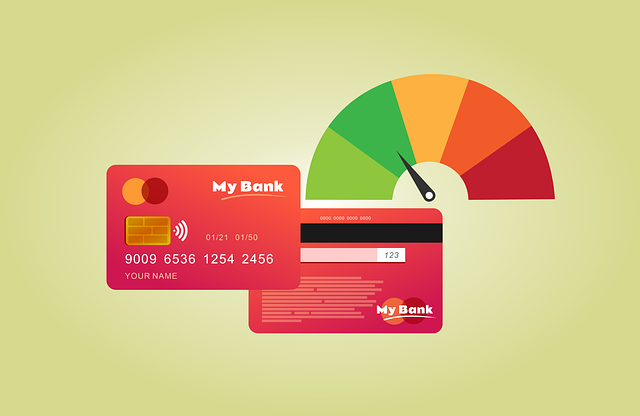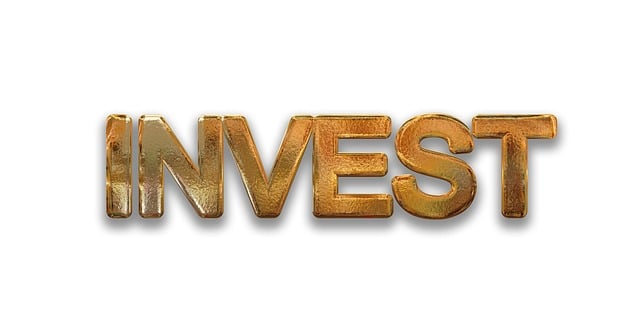Understanding your business's unique funding needs is crucial before exploring loan options. From expansion capital to operational expenses, defining short-term and long-term goals guides accurate funding determinations. Various loan types, such as bank loans, lines of credit, and alternative financing, differ in interest rates, repayment periods, and collateral requirements. Matching these loan terms to your needs is essential for informed decisions supporting business growth. Entrepreneurs should consider the pros and cons of short-term vs long-term loans, aiming for favorable interest rates, flexible schedules, and conditions aligned with their goals while assessing collateral demands.
“Navigating the complex landscape of business funding can be a true challenge. Understanding your business funding needs is the first step towards securing the right loan options. This comprehensive guide delves into the intricate world of financing, exploring traditional loans versus alternative financing methods.
We dissect crucial loan terms like interest rates, repayment periods, and collateral requirements to empower informed decisions. Through real-world case studies, we illustrate diverse loan outcomes, offering valuable insights for business owners. Ultimately, this article equips you with strategies to weigh pros and cons, ensuring the best funding solution for your venture.”
- Understanding Your Business Funding Needs
- Exploring Different Loan Options: Traditional Loans vs. Alternative Financing
- Deciphering Loan Terms: Interest Rates, Repayment Periods and Collateral Requirements
- Evaluating Pros and Cons of Each Loan Type
- Case Studies: Real-World Examples of Loan Outcomes
- Strategies for Making an Informed Decision About Your Business Funding
Understanding Your Business Funding Needs

Understanding your business funding needs is a crucial step before exploring loan options. Every business, whether it’s a startup or an established enterprise, has unique financial requirements. These needs can range from capital for expansion, equipment purchases, inventory acquisition, to covering operational expenses during cash flow gaps. By clearly defining your short-term and long-term goals, you can determine the amount of funding required and the most suitable loan terms.
Evaluating these needs ensures that you don’t over-or-underestimate your requirements, both of which could lead to financial strain. Different loan options, such as bank loans, lines of credit, or alternative financing, come with varying interest rates, repayment periods, and collateral requirements. Matching these loan terms to your business funding needs is essential for making an informed decision that aligns with your company’s growth trajectory.
Exploring Different Loan Options: Traditional Loans vs. Alternative Financing

When it comes to financing a business, entrepreneurs often find themselves at a crossroads, weighing the pros and cons of various loan options available in the market. Traditional loans from banks have long been a go-to choice for many businesses due to their established reputation and predictable loan terms. These loans typically require collateral, a robust credit history, and can be subject to stringent eligibility criteria. However, they offer a stable funding source with clear repayment schedules, making them ideal for businesses with consistent cash flow.
Alternative financing, on the other hand, has emerged as a game-changer in the business funding landscape. This includes options like peer-to-peer lending, crowdfunding, and government grants. These alternatives often cater to specific business needs, such as startup capital or equipment funding, without the need for collateral. Loan terms can vary significantly, with some offering flexible repayment periods and lower interest rates, especially for small businesses or those in niche industries. Exploring these diverse loan options allows entrepreneurs to secure funding tailored to their unique requirements, thereby fostering business growth and innovation.
Deciphering Loan Terms: Interest Rates, Repayment Periods and Collateral Requirements

When exploring loan options for your business funding needs, understanding the intricate details of loan terms is paramount. Interest rates, one of the most fundamental aspects, represent the cost of borrowing money and can significantly impact the overall financial burden. These rates vary across different lenders and loan types, from fixed rates offering stability to variable rates that fluctuate with market conditions.
Repayment periods, another crucial consideration, refer to the duration over which you’ll be expected to pay back the loan. Shorter terms usually come with higher monthly payments but may save on interest. Longer repayment windows provide more affordable monthly installments but can extend the time during which your business is tied to the debt. Collateral requirements, meanwhile, are security measures demanded by lenders to safeguard their investment. This could involve real estate, equipment, or other assets, adding an extra layer of complexity to loan agreements. Understanding these loan terms empowers business owners to make informed decisions, aligning funding choices with long-term financial goals.
Evaluating Pros and Cons of Each Loan Type

When evaluating different loan options for your business funding needs, understanding the unique pros and cons of each type is key. Short-term loans offer quick access to capital with simpler application processes, making them ideal for immediate financial requirements. However, they typically have shorter repayment periods and higher interest rates compared to long-term financing options. On the other hand, long-term business loans provide lower monthly payments, allowing for better cash flow management, but may involve more stringent eligibility criteria and potentially higher borrowing costs over time.
The choice between these loan options depends on your business’s financial situation and goals. For urgent funding needs, a short-term loan can be a swift solution. Conversely, if stability and manageable repayments are priorities, exploring long-term loans might be more suitable. Additionally, variables like interest rates, loan terms, and potential penalties for early repayment should be carefully considered to ensure the best fit for your business’s financial journey.
Case Studies: Real-World Examples of Loan Outcomes

In the realm of business funding needs, understanding various loan options and their outcomes through real-world examples can provide valuable insights for entrepreneurs and business owners. Case studies offer tangible demonstrations of how different loan terms impact businesses across diverse sectors. For instance, a small startup focusing on sustainable energy solutions secured a low-interest, long-term loan from an eco-conscious bank, allowing them to expand their research and development capabilities significantly. This strategic move not only facilitated the company’s innovation but also positioned it as a leader in its field within just two years.
Conversely, a retail business struggling with cash flow management opted for a short-term, high-interest loan to cover immediate expenses. While this provided quick relief, the substantial interest rates strained their financial health, leading to a need for strategic restructuring and operational efficiencies. This contrast illustrates the critical importance of considering not just the availability of loan options but also their terms and how they align with a business’s funding needs and long-term goals.
Strategies for Making an Informed Decision About Your Business Funding

When considering business funding, making an informed decision is crucial for your venture’s success. Start by evaluating your specific business funding needs and understanding the various loan options available. Each loan type comes with its own set of loan terms, including interest rates, repayment periods, and collateral requirements, which significantly impact your financial burden.
Researching different lenders and comparing their offers is a strategic approach. Examine the loan terms carefully, considering both short-term and long-term implications. Look for favorable interest rates, flexible repayment schedules, and terms that align with your business goals. Additionally, assess the conditions attached to any collateral requirements, ensuring they are within your capacity to fulfill.






